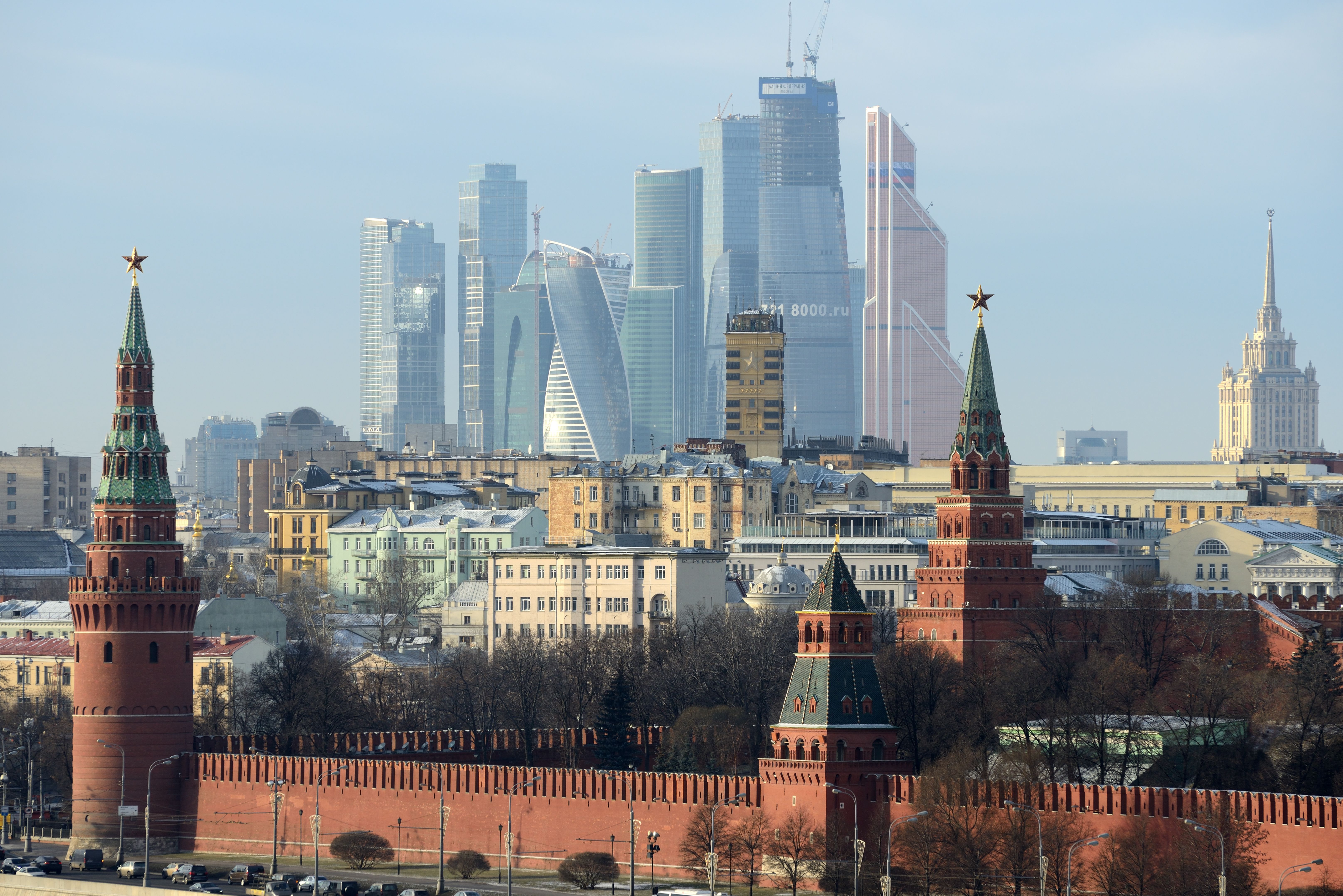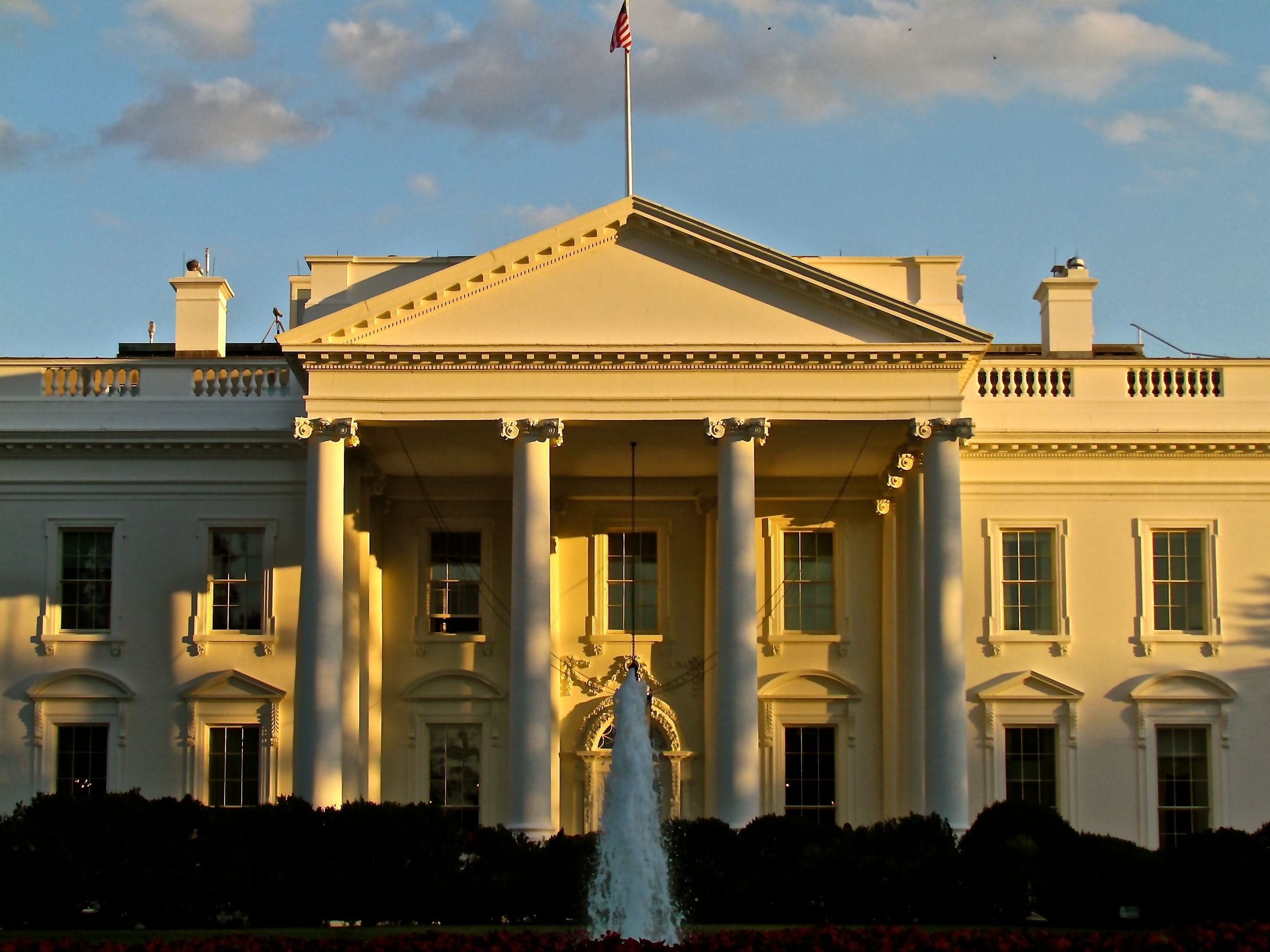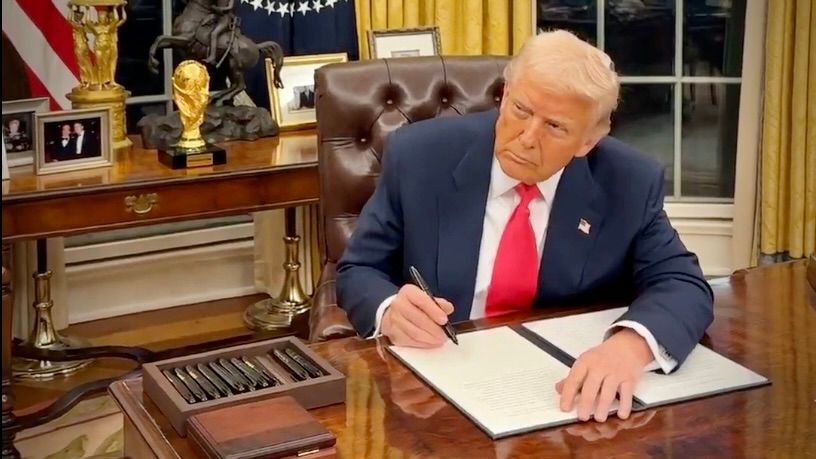Bhutan’s Crypto Reserve Strategy: A Game-Changer for Small Countries
A New Frontier in Digital Asset Management
Bhutan, a small country in South Asia, is making waves in the crypto world by adopting a crypto reserve strategy. This move includes bitcoin (BTC), ethereum (ETH), and Binance’s BNB token (BNB). The country’s decision has sparked interest among other governments, particularly smaller ones, who may benefit from similar measures to strengthen their economies.
Why Bhutan’s Move is Significant
Bhutan’s economy has been growing steadily, but it faces challenges, including a widening fiscal deficit. To address this, the country needs to attract more foreign investments. By creating a special economic zone and accumulating digital assets, Bhutan aims to attract foreign investment and promote economic growth.
Hydropower: A Key Factor in Bhutan’s Crypto Strategy
Bhutan has an estimated 24,000 megawatts of technically feasible hydropower potential, of which it has developed only about 7%. The country uses its hydropower resources to mine bitcoin, which reduces its carbon footprint and makes it a more cost-effective option. This move has sparked concerns about the environmental impact of crypto mining, but Bhutan’s use of hydropower solves this problem.
A Model for Other Countries
Bhutan’s crypto reserve strategy could set an example for other small countries to follow. With its abundant hydropower resources and growing economy, Bhutan is well-positioned to leverage digital assets for economic growth. Other countries with similar resources could benefit from a similar approach, potentially triggering a wave of adoption among governments worldwide.
Expert Insights
“They are coming out guns loaded to show the world what’s possible in the digital asset space by bringing in foreign companies to help take advantage of the growing global interest in crypto as a whole,” said Phillip Shoemaker, executive director of Identity.com. “I see this move as potentially triggering similar actions among other governments around the world, especially in smaller countries that are subject to the whims of foreign-exchange volatility and geo-political uncertainty.”
“Bitcoin mining, in particular, is such a good tool for leveraging various forms of renewable and stranded energy,” said Jagdeep Sidhu, Core Developer at Syscoin and President of the Syscoin Foundation. “I imagine that other governments are increasingly looking at Bhutan as an example of how to launch their own Bitcoin reserves, especially countries that have abundant sources of energy that could otherwise be wasted.”
Conclusion
Bhutan’s crypto reserve strategy is a significant development in the world of digital assets. The country’s decision to accumulate digital assets, including bitcoin, ethereum, and Binance’s BNB token, could have a profound impact on its economy and potentially set an example for other small countries to follow. As the global interest in crypto continues to grow, it will be interesting to see how other governments respond to Bhutan’s innovative approach.
FAQs
- What is Bhutan’s crypto reserve strategy? Bhutan’s crypto reserve strategy includes the accumulation of digital assets, including bitcoin, ethereum, and Binance’s BNB token.
- Why is Bhutan’s move significant? Bhutan’s move is significant because it sets an example for other small countries to follow and could potentially trigger a wave of adoption among governments worldwide.
- What is the role of hydropower in Bhutan’s crypto strategy? Hydropower plays a key role in Bhutan’s crypto strategy, as it provides a cost-effective and environmentally friendly way to mine bitcoin.
- What are the potential benefits of Bhutan’s crypto reserve strategy? The potential benefits of Bhutan’s crypto reserve strategy include attracting foreign investment, promoting economic growth, and leveraging renewable energy sources.
- What are the potential challenges of Bhutan’s crypto reserve strategy? The potential challenges of Bhutan’s crypto reserve strategy include the volatility of digital assets, the risk of regulatory uncertainty, and the need for robust infrastructure and security measures.







 83% Of Crypto Traders Will Get This WRONG! (AVOID THE LOSS)
83% Of Crypto Traders Will Get This WRONG! (AVOID THE LOSS)


